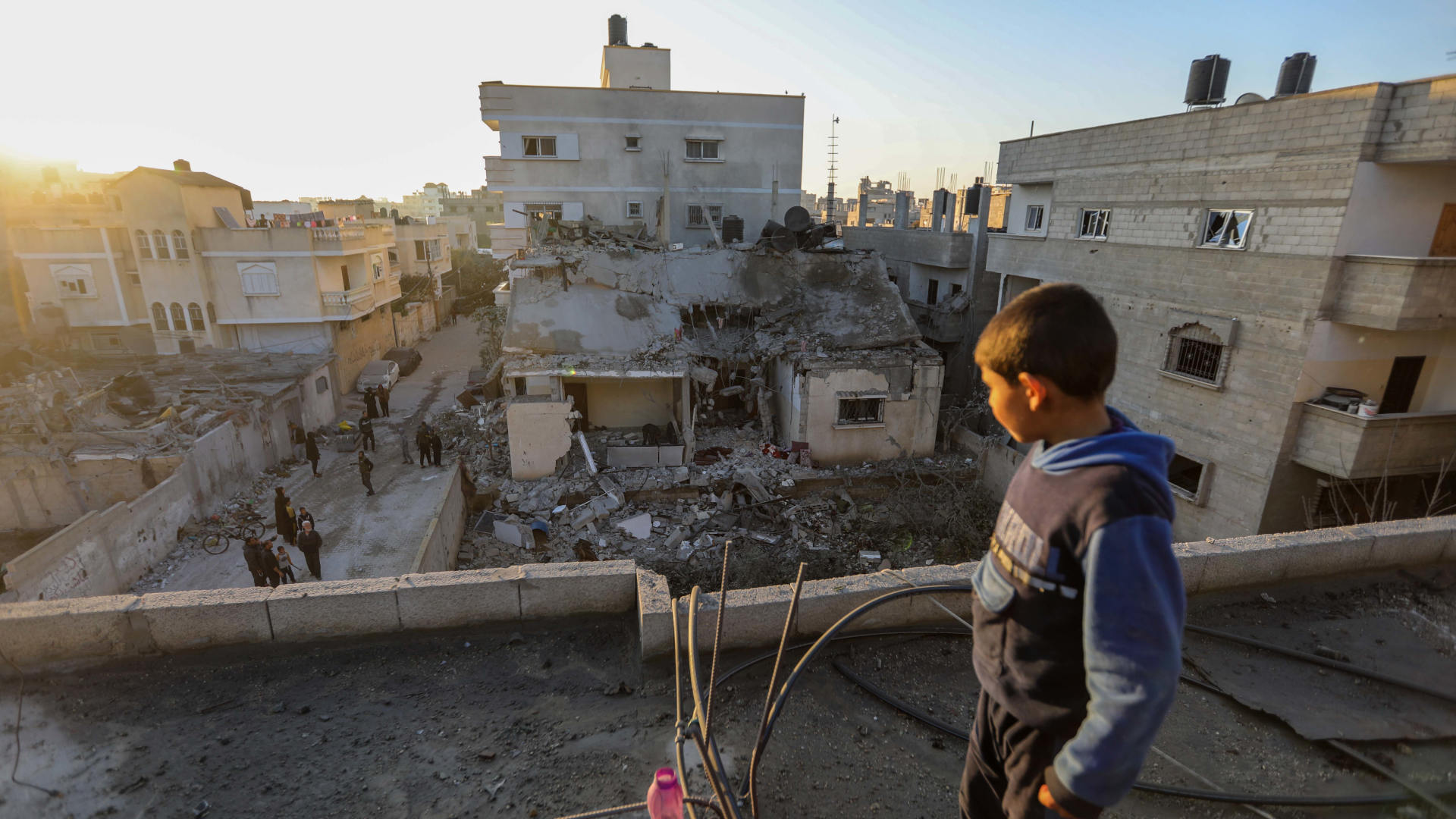In an unexpected development, Indonesia’s President has made major policy changes after a wave of violent protests led to the cancellation of a scheduled diplomatic trip to China. The disturbances, which spread through various cities, underscored significant societal and economic discontent, pushing the government to reevaluate its domestic and international strategies. This situation highlights the fragile equilibrium Indonesia must maintain as it handles internal challenges while upholding its position internationally.
The protests began earlier this week and quickly escalated into violent clashes between demonstrators and security forces. Citizens took to the streets to express dissatisfaction over rising living costs, new economic regulations, and perceived governmental neglect of public welfare. In several areas, protests turned deadly, with multiple casualties reported and hundreds of injuries. The intensity of the demonstrations, combined with growing public outrage, made it impossible for the president to proceed with the planned summit in China, which had been intended to strengthen bilateral trade and investment ties.
Analysts observe that canceling the summit visit stands out as an uncommon example of swift policy adjustment due to internal turmoil. By postponing the journey, the president demonstrated the gravity of the national situation and placed more importance on addressing the public’s issues than on international diplomatic engagements. This decision highlights the realization that public backing is crucial for enduring political stability and economic growth in a nation as varied and populous as Indonesia.
The measures declared by the president consist of actions designed to lessen the financial strain on families, focusing mainly on communities with lower incomes. These actions incorporate temporary aid for essential products, modifications to fuel costs, and an examination of debated economic changes that had triggered the first wave of protests. Authorities have stressed that these initiatives aim to show a commitment to public opinion and rebuild confidence between the government and its citizens.
Beyond immediate economic relief, the administration has pledged to engage in broader consultations with civil society groups, labor unions, and regional leaders to ensure that future policies reflect a more inclusive decision-making process. This approach aims to prevent further unrest by creating channels for dialogue and collaboration, giving citizens a direct voice in shaping economic and social reforms.
The calling off of the China summit, although crucial on a diplomatic level, also affects Indonesia’s approach to foreign relations. China acts as a significant trade ally and investor within Southeast Asia, and the planned visit was anticipated to strengthen accords related to infrastructure ventures, commerce agreements, and strategic alliances. By rescheduling the journey, Indonesia temporarily sets back these discussions, which might influence schedules for current projects like port enhancements, energy initiatives, and tech partnerships. Nonetheless, experts propose that the administration’s focus on internal stability is poised to strengthen its bargaining power over time, showcasing a pledge to an orderly and well-managed setting.
Public reaction to the president’s concessions has been mixed. Some citizens view the policy adjustments as a positive step toward addressing systemic inequalities and ensuring that economic growth benefits a broader segment of society. Others remain skeptical, questioning whether these measures are sufficient to tackle the root causes of widespread discontent. Social media platforms have been filled with debate, reflecting the country’s diverse opinions and the high level of civic engagement among Indonesians.
The role of law enforcement and emergency response agencies has also come under scrutiny. Security forces were deployed to maintain order during the protests, but reports of excessive force have prompted calls for greater accountability and reform. Human rights organizations have emphasized the need for balanced responses that protect public safety without infringing on the right to peaceful assembly. These discussions are expected to influence future strategies for handling civil unrest and ensuring that demonstrations remain nonviolent.
Economists warn that the protests and subsequent policy concessions may have short-term economic repercussions, including market volatility, disruptions to trade, and delays in foreign investment projects. However, many agree that these steps are crucial for maintaining long-term stability. Ensuring that citizens feel heard and protected can foster a more resilient economy, encourage sustainable development, and prevent deeper social fractures.
The Indonesia case also highlights broader regional implications. Southeast Asia is home to several emerging economies facing similar challenges of balancing rapid growth with social equity and public satisfaction. Indonesia’s response to domestic unrest offers lessons for neighboring countries on crisis management, the importance of proactive communication, and the value of prioritizing citizen welfare alongside international commitments.
Experts emphasize that the government must continue monitoring both the social and economic landscapes to prevent future escalations. Strategies under consideration include expanding social safety nets, creating targeted employment programs, and improving transparency in policymaking. Effective communication with the public, combined with timely and meaningful action, will be key to ensuring that citizens perceive the government as responsive and accountable.
The incident also raises questions about the interplay between domestic politics and international diplomacy. While leaders often seek to project stability and continuity abroad, unexpected domestic crises can force difficult trade-offs. In this case, the president’s decision to cancel the China summit reflects a calculated prioritization of national stability over immediate diplomatic engagement. Observers suggest that this approach may ultimately strengthen Indonesia’s credibility on the international stage by demonstrating a commitment to responsible governance.
Alongside modifications in policies, the administration has initiated outreach programs to clarify the reasons for the decisions and gather input from impacted communities. Public meetings, internet platforms, and partnerships with local officials are employed to involve citizens directly. Through promoting open discussion and clarity, the government seeks to restore confidence and motivate meaningful involvement in developing future strategies.
The occurrences in Indonesia highlight the significance of being prepared for crises in contemporary governance. Authorities need to swiftly address disruptions in social, economic, and political sectors while preserving crucial operations and protecting global partnerships. Efficient crisis response requires a mix of strategic foresight, flexible leadership, and transparent communication with both national and international parties.
Looking ahead, Indonesia faces the challenge of implementing the announced concessions effectively while preparing to resume international engagements, including the rescheduled China summit. Success will depend on careful coordination between policymakers, civil society, business leaders, and international partners. The ability to balance domestic stability with global diplomacy will likely define the administration’s standing both at home and abroad.
The recent demonstrations and resulting policy changes in Indonesia demonstrate the intricate relationship between internal management and global diplomacy. By addressing public demands and delaying an important foreign trip, the president has shown a readiness to place public well-being at the forefront while managing tough economic and social scenarios. The upcoming months will be crucial for evaluating the success of these actions, the strength of public confidence, and the nation’s ability to continue its diplomatic missions with stability. Indonesia’s situation provides useful lessons in crisis management, the critical role of adaptive leadership, and the lasting importance of harmonizing national priorities with global objectives.




